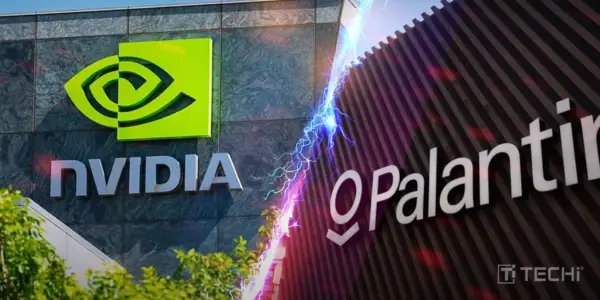Criticisms of online services as terrible, soul-destroying corruptions of a once pristine glorious past have become so common now, they’re essentially like people complaining about the weather. Facebook will ruin everything! Twitter is breaking our capacity to think!
Like most new platforms with a lot of hype behind them, Foursquare has been subject to this ever-present criticism. A lot of people are baffled by the idea of a service that lets you ‘check in’ to places and get badges for doing so.
Most people object to it as narcissistic. Some see it as pointless. Some game nerds don’t like the fact that it takes the rewards from games, but not the gameplay.
But it all misses the point. Foursquare isn’t about narcissism or rewards. It’s about a fundamental aspect of being social.
The Web is Now the Shared Social
Thousands of years ago, the social existed in only one ‘place’: in speech. Without any writing, the only way to connect with other humans was to speak with them. And when you weren’t actually speaking with others right then, the social existed only in your imagination.But with writing, people had a new way to communicate, and what we called the social changed. Our view of the world expanded beyond just the people we spoke to. We had letters; we had books; we had newspapers and magazines. And though you could still talk to people, if you wanted to connect with the bigger social picture, you had to get your message out through the printed word.
Then came the web. And it was this weird mix of speaking and writing. Sometimes you have to be there, to see what’s happening in real time. And other times, it’s a lot like print: stuff happens even when you’re not there.
So the web is kinda’ like the place where our social imagination now lives. It’s where some of our friends’ ideas and thoughts are. It’s where we chat. It’s where people are reacting to things. And as a result, it’s also where people, both literally and figuratively, ‘check in’.
Connecting You and the World

So if the web is now part of our social world, then maybe this helps explain why social networking has become such a big deal.
After all, we become human through interacting with the social. It’s how we learn what we know, how we grow, how we change. So social networking is not simply about narcissism – it’s about connecting individual action with the social.
That means that when people check in to Foursquare, they aren’t doing so to simply broadcast “hey, look at me!”. They’re doing it to make their own insignificant action part of the social world. When they collect Foursquare badges, it’s to produce a story about what they’ve been doing in their life.
And the objection is always that “oh, well, they must be insecure”. But this is how being social works. We tell a little bit about ourselves, and somebody tells us about themselves. And by producing those narratives about our lives, we connect with each other because it’s how we find common ground.
This is the mistake that people make about Foursquare specifically and social networking in general: they aren’t cries for attention; they’re attempts at connection. And even the person sitting along in their basement twittering that they had a sandwich is trying to make that small, pointless, insignificant individual act part of a broader social fabric.




